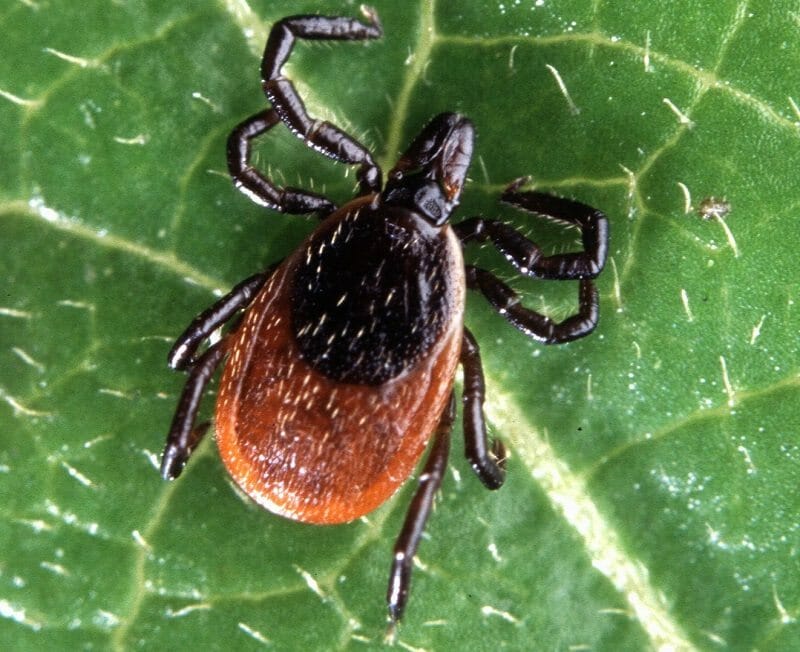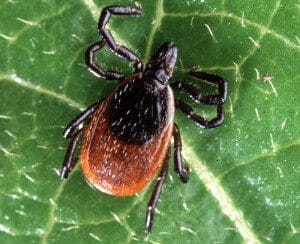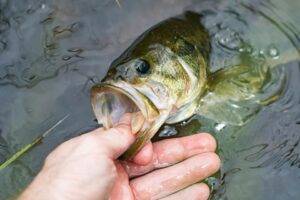

The warm temperatures and sunny days always bring with them the joy and fun of barbecues, lake excursions and leisurely hikes through grassy and wooded areas. Very few remain aware of the impeding hazards that accompany these activities, such as ticks. Ticks tend to hide in tall grassy areas eagerly awaiting a host to feed off of. They will attach themselves to the hair and clothing of the unsuspecting victim. By the time you notice them on you or your pet, it may already be too late. A single female tick can lay up to 3,000 eggs creating an immediate infestation. The following information will help you and your family to protect yourselves
Minor complications
The majority of ticks don’t cause any life threatening effects as a result of their bite. Most won’t notice any ill effects at all as long as the tick is removed safely. However, some people may experience an allergic reaction because of a tick bite. Children and the elderly are at a greater risk and smaller sized pets can be highly susceptible to side effects. Notable side effects to watch for are swelling and redness at the site of the bite. These may be accompanied by a headache, fever and fatigue.
Major complications
There are varieties of ticks that can carry serious diseases. Some illnesses to watch for are:
- Anaplasmosis
- Ehrlichiosis
- Spotted fevers
- Tularemia
- Lyme disease
These diseases left untreated can actually cause severe illness and long lasting concerns for both humans and pets alike. Some cases can be terminal and medical care should be sought immediately to avoid serious illness if anything out of the ordinary is noticed. Always remember to disclose the tick bite to the medical team so they may better assess the situation and provide the proper treatment in the timeliest of manners.
How to prevent
Make sure to keep in mind that constant vigilance concerning tick bites is a necessity. Always look over the hair and clothes of you and your family as well as inspecting the fur of your pets. Take preventative measures when possible with the use of sprays and collars that are designed to repel ticks. Your local pest control professional can educate and customize a treatment plan for your property using integrated pest management. An assessment of your potential tick and other common pest issues and recommendations to treat the problem can allow you to enjoy the summer season tick-free.








